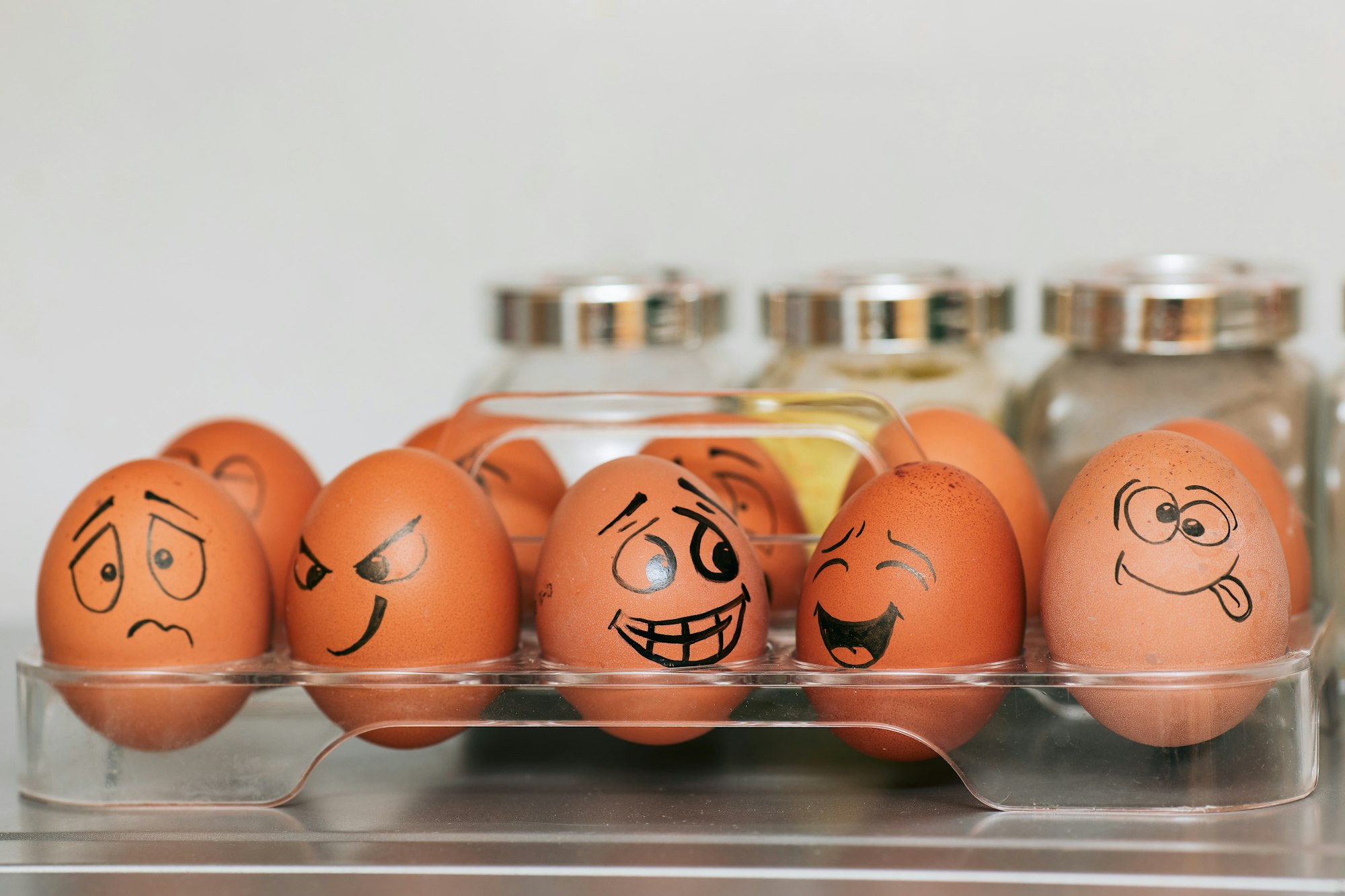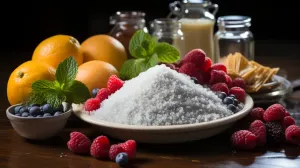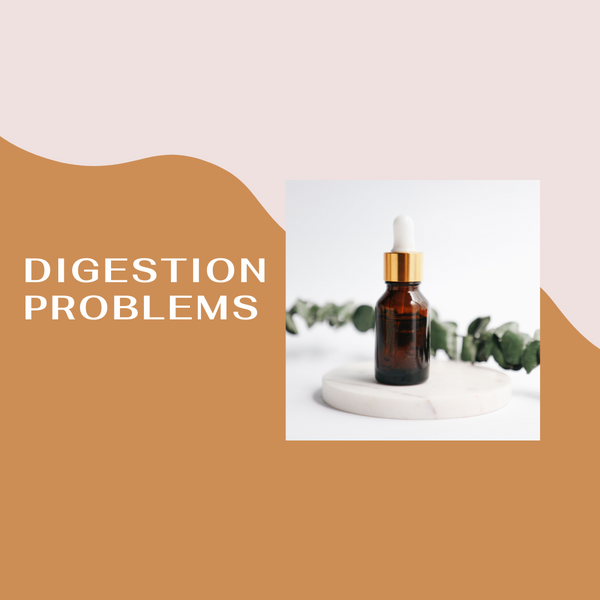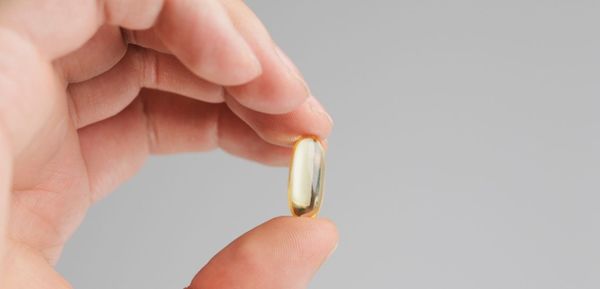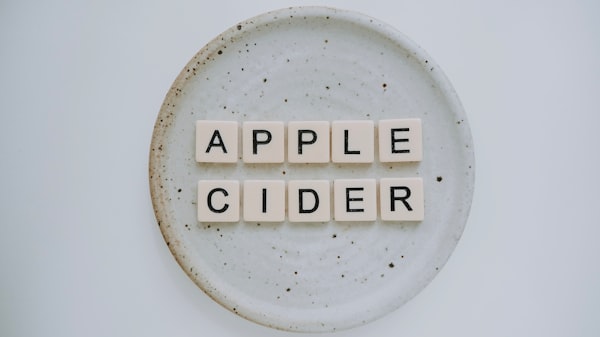Did you know that there are many foods that are responsible (or not) for your happiness? It’s not empty words, it’s science ’science approved’ ’what I’m saying!
But how is it possible? Well, here are 5 reasons:
We regulate our mood with stable blood sugar
When we eat a good chocolate cake for pleasure or because we are filling up on experienced stress, we ask the body to manage an amount of carbohydrates very (too) quickly and this chocolate storm causes the release of insulin (hormone that makes enter glucose into our bloodstream) a bit exaggerated. It is during these moments that we experience irritability, fatigue, anxiety, lack of concentration and so on… Hence the importance of consuming low-load foods glycemic,
that is to say to consider not only carbohydrates, but also the presence of fiber in the food.
Fiber allows us to absorb carbohydrates more gently and balances the release of insulin for blood sugar management. It's wonderful and in addition, it provides an effect of satiety!
Amino acids are precursors of our neurotransmitters!
These are the amino acids, which are the precursors of our neurotransmitters (serotonin, dopamine, norepinephrine) and allow us to feel what happiness, positive reinforcement, memory, appetite are all about!
I hope you feel my mood in these lines and that it did not mix you too much!
So add hemp seeds to your salads, smoothies, dishes! Always have a wonderful jar of hummus at your fingertips for snacking with whole grain crackers or good, fibrous raw vegetables. Eat nuts, fall in love with the protein value of lentils and legumes in general. Replace rice with good quinoa containing all the essential amino acids (which the body cannot make itself). Make spirulina, an essential friend for your smoothies or whatever you like to improve its superb taste!
Our brain is made of 60% fat!
No fat from fries! GOOD fats that allow brain integrity, the synthesis of certain neurotransmitters, the reduction of inflammatory terrain in the vessels of the brain. It’s easier to mention the bad oils to avoid, if they’re in refined products or in a gigantic plastic bottle, it’s a NO NO! We are talking about :
- Soybean oil
- Palm oil
- Canola oil
- Grapeseed oil
- Safflower oil
- Cotton flower oil
- Rice bran oil
- Sunflower oil
- Corn oil
We consume TOO many of these oils! Unless they are cold pressed and organic, they are mostly hydrogenated to tolerate varied environments, high temperatures. They are partly responsible for cardiovascular problems, high cholesterol, atherosclerosis and inflammation. We ingest omega-6 to shovel, we must regulate the omega-3 / omega-6 ratio, because the majority of North Americans consume 12x more omega-6 than our super anti-inflammatory omega.
Vary your sources of vegetable oils, buy small glass, organic, cold-pressed bottles, keep them in a cool, dark place and make sure to keep the polyunsaturated oils in the fridge.
Our microbiota is our second brain!
We are now discovering the superpowers hiding in our intestines, these billions of small bacteria communicating with our brain via the vagus nerve. They play a big role in our health and especially in the nervous system, did you know that intestinal cells produce 90% of our serotonin, the hormone responsible for our joie de vivre?
Our microbiota directly and indirectly influences the production of this hormone by communicating (via several metabolites and hormones) with enterochromaffins (intestinal cells producing serotonin), enterocytes (epithelial cells of the intestine) and immune cells.
This is why we now understand better the importance of intestinal health in certain diseases such as epilepsy, autism, parkinson's, depression, anxiety, stress, post-traumatic stress disorder.
B vitamins support our nervous system.
If there is a supplement that everyone should take, without making my saleswoman here, it is a vitamin B complex! Are we constantly in demand? Constantly on duty to produce, provide, work to survive? Well it requires a lot of group B vitamins to be able to take care of all these occupations and our nutrition is not always inclined to provide us with these precious molecules given its quality and that of the soil. Directly involved in the synthesis of neurotransmitters, they are important cofactors for the maintenance of cognitive health.
They are found in green vegetables, whole grains, legumes and meat.
References :
"Choosing Healthy Cooking Oils - The Academy of Culinary Nutrition." Oct 3, 2018, https://www.culinarynutrition.com/choosing-healthy-cooking-oils/. Date of consultation: August 13. 2019.
"21 Ways to Get More Protein In Your Diet." Jul 4, 2019, https://www.culinarynutrition.com/21-ways-to-get-more-protein-in-your-diet/. Date of consultation: August 13. 2019.
"Dietary amino acids and brain function. - NCBI." https://www.ncbi.nlm.nih.gov/pubmed/7903674. Date of consultation: August 13. 2019.
"The Microbiome in Posttraumatic Stress Disorder and ... - NCBI - NIH." https://www.ncbi.nlm.nih.gov/pmc/articles/PMC5763914/. Date of consultation: August 14. 2019.
"The Brain-Gut-Microbiome Axis - NCBI." Apr 12, 2018, https://www.ncbi.nlm.nih.gov/pmc/articles/PMC6047317/. Date of consultation: August 14. 2019
"Serotonin: The Happy Hormone Produced In Our Gut | Bio-K +." August 10. 2018, https://www.biokplus.com/blog/en_US/gut-health/serotonin-the-happy-hormone-produced-in-our-gut_1. Date of consultation: August 14. 2019
"Reducing occupational stress with a B-vitamin focussed ... - NCBI." Dec. 22, 2014, https://www.ncbi.nlm.nih.gov/pmc/articles/PMC4290459/. Date of consultation: August 14. 2019.
"Choosing Healthy Cooking Oils - The Academy of Culinary Nutrition." Oct 3, 2018, https://www.culinarynutrition.com/choosing-healthy-cooking-oils/. Date of consultation: August 13. 2019
"Serotonin as a link between the gut-brain-microbiome ... - NCBI - NIH." Jan 15, 2019, https://www.ncbi.nlm.nih.gov/pmc/articles/PMC6366671/. Date of consultation: August 14. 2019
"Blood Sugar Imbalance - Smart Nutrition." https://smartnutrition.co.uk/conditions/energy/blood-sugar-imbalance/. Date of consultation: August 13. 2019.
"16 Mood-Boosting Foods - The Academy of Culinary Nutrition." Apr 3, 2019, https://www.culinarynutrition.com/mood-boosting-foods/. Date of consultation: August 13. 2019.
"Food to Balance Your Mood - WebMD." https://www.webmd.com/food-recipes/features/food-to-balance-your-mood. Date of consultation: August 13. 2019
"Neurotransmitters - THE BRAIN AT ALL LEVELS !." https://lecerveau.mcgill.ca/flash/i/i_01/i_01_m/i_01_m_ana/i_01_m_ana.html. Date of consultation: August 13. 2019.


